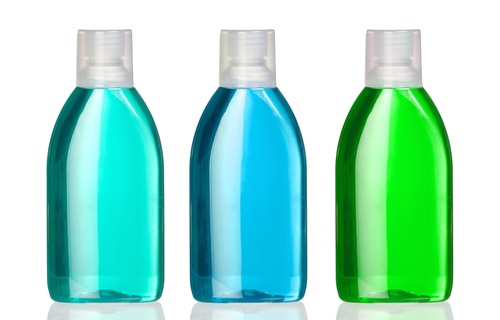Everyone wants a beautiful smile. Showing off a smile with straight and healthy teeth boosts your confidence and self-image. Not only can your pearly whites make you feel better about yourself, but it can positively impact how other people see you. Many employers confirm that a nice smile is an advantage for potential job candidates. A vibrant smile speaks to one’s care for his or her health and an even row of teeth is indicative of dedication to personal appearance. If you want straighter teeth, you turn to your dentist or orthodontist for braces.
It used to be that wearing braces was something only children went through. We all probably know someone who had to wear them during their early teenage years, or you may have endured this ordeal yourself. If you had braces, you may remember the hassles of cleaning your teeth and the restriction on certain foods like candy and bubble gum. Perhaps you even dealt with some teasing from other children. That can be a lot to tolerate for straight teeth!
Today, teenagers aren’t the only ones who wear braces. Many adults are opting for orthodontic work. Braces are much more popular. Technology has made great advances for cosmetic dentistry and has improved the techniques for how braces are applied. What’s more, there are braces that are not only essentially invisible, but can be removed for special occasions like weddings or family photos. One of the leaders in this type of orthodontia is the Invisalign approach.
Invisalign works against the inside surfaces of your teeth. The Invisalign system is made up of a series of clear aligners that can be removed if needed. Invisalign patients speak of the comfort and rave about the convenience. Fortunately for Buckhead and surrounding Atlanta residents, Dr. Peter Pate has been successfully straightening smiles with “invisible braces” for years.
If you have dreamed of a new smile, but have thought you’re too old or you cringe at the thought of a metal mouth, think again! There’s no reason you can’t have that award-winning smile. No one understands the importance of straight teeth and a beautiful smile better than Dr. Pate. Contact our office today at 404-266-9424 to schedule a consultation to explore your options. New patients are welcome and convenient financing solutions are also available.








